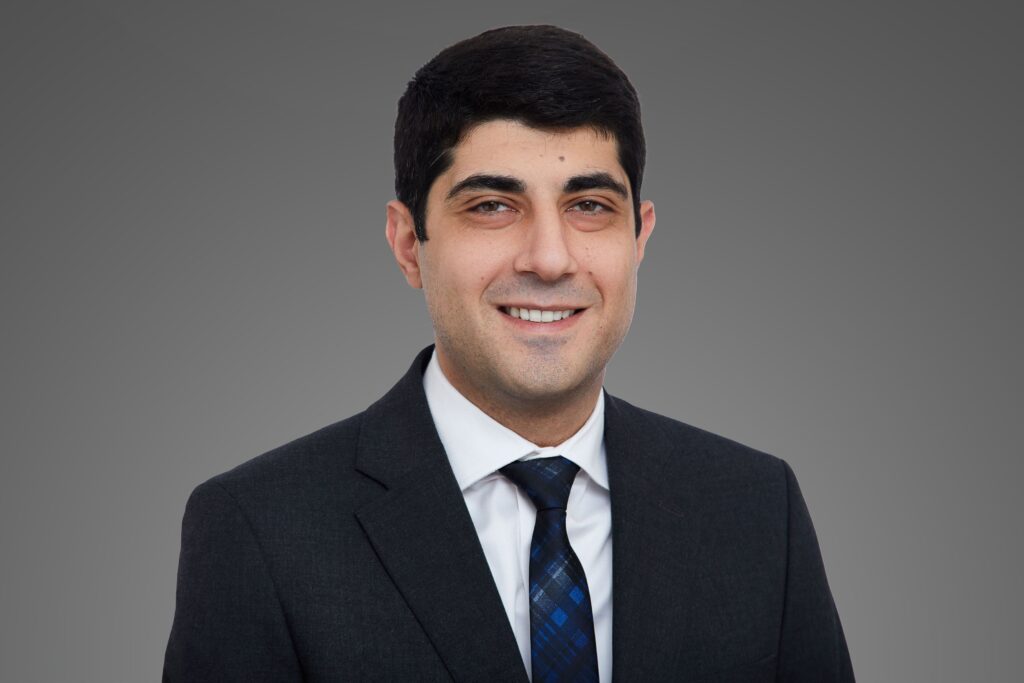In California, under certain circumstances, an insurer is entitled to rescind a policy—even after the insured has suffered a loss and made a claim for policy benefits—if there was a material misrepresentation in the application. A rescission, if successful, “renders the policy totally unenforceable from the outset,” so that no benefits are payable. (Imperial Casualty & Indemnity Co. v. Sogomonian (1988) 198 Cal.App.3d 169, 182.)
When an insurer attempts to rescind based on an alleged misstatement on an application, questions often arise regarding whether the answer given by the insured was, in fact, false. A recently decided California case holds that an insurer may not seek to rescind a policy based on a purportedly false answer on an insurance application if the question was ambiguous. This is an important ruling for insureds seeking to fight rescission of a policy.
In Duarte v. Pacific Specialty Ins. Co. (2017) — – Cal.Rptr.3d. — -, 2017 WL 2834131, a case which was decided on June 12, 2017, the Court of Appeal analyzed an insurer’s attempt to rescind a policy insuring a rental property. The insured was sued by tenants he had rented a property to, and he made a claim to his insurance company for defense and indemnity. The insurance company denied the claim, and the insured sued for breach of contract, bad faith, and declaratory relief regarding the existence of coverage.
The insured had answered “no” in the insurance application to questions relating to prior claims and the existence of a business on the property. The insurer argued that these answers were false because the insured had attempted to evict the tenants prior to applying for insurance and also knew that the tenants were selling motorcycle parts and conducting welding activities on the premises. (Id. at *10.) The trial court had granted summary judgment to the insurer, holding that it was entitled to rescind the policy based on material misrepresentations.
The Court of Appeal reversed the trial court’s decision, holding that there were, at a minimum, disputed factual issues regarding the insurer’s right to rescind. The Duarte decision focused on the ambiguity in the questions in the application. It was undisputed that the tenants had filed a complaint with a government agency against the insured prior to his filling out the insurance application. (Id. at *8.)
It was also undisputed that the insured answered “no” to a question on the application which read “Has damage remained unrepaired from previous claim and/or pending claims, and/or known potential (a) defects, (b) claim disputes, (c) property disputes, and/or lawsuits?” (Id.) Nevertheless, the Duarte Court ruled that this answer was not false and did not warrant rescission because it was “utterly ambiguous as to how it should be read.” (Id. at *9.) Duarte stated a “logical way to read this inconsistently worded sentence is to tie everything back to the existence of unrepaired damage.” (Id.)
Because of the ambiguity, the Court ruled the insured’s interpretation that the question was asking about unrepaired damage relating to an insurance claim was reasonable. (Id.) Therefore, the answer to the question was not false, and could not be relied upon to rescind the policy. (Id.)
With respect to business operations, the insured stated that he had interpreted the question as asking about “regular and ongoing business activity.” (Id.) Because there was only the “occasional sale” and there was not a regular and ongoing business, the insured argued this answer was not false. (Id.) The Court of Appeal in Duarte agreed, holding that the insured’s interpretation of the question was reasonable. (Id.)
The Duarte decision illustrates that insurers attempting to rescind an insurance policy in California cannot rely on answers to ambiguous questions. Insureds faced with a post-loss effort to rescind an insurance policy should carefully scrutinize the questions that the insurer claims were falsely answered for potential ambiguities.
(This is an attorney advertisement by Joshua Haffner)








